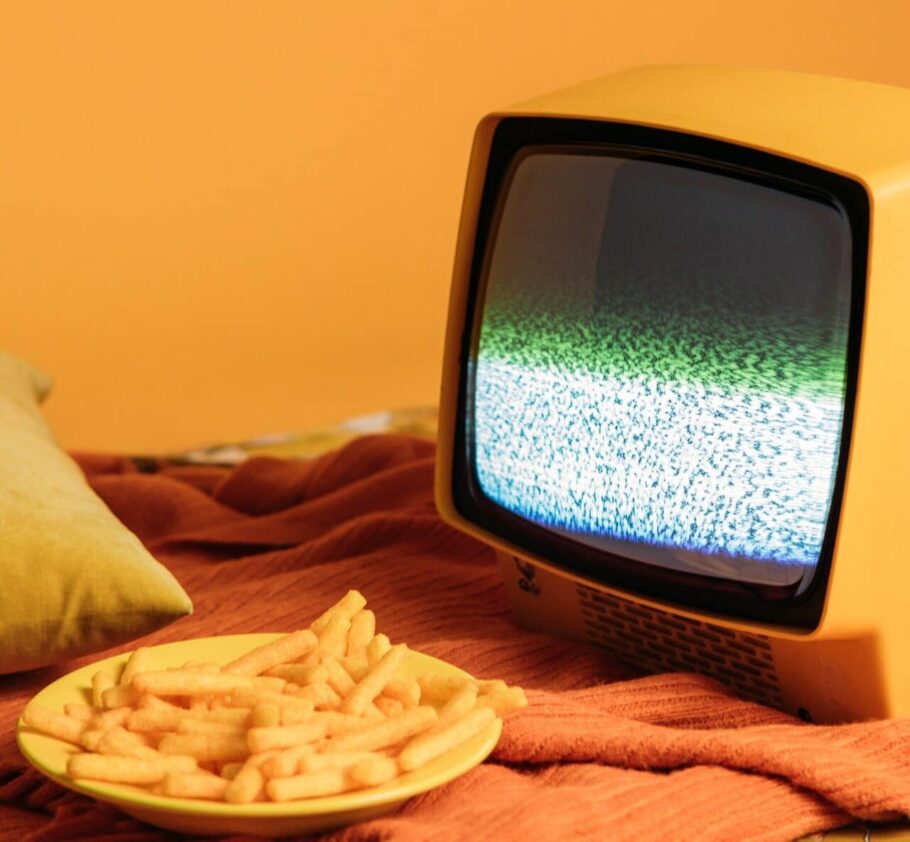“Manufacturers of these HFSS foods will not be banned from continuing to market their products on their own websites and social media accounts. In addition, the ban will not apply to the marketing of smaller companies of fewer than 250 employees. Lastly, and most worryingly, manufacturers will still be able to advertise themselves outside of the 21:00 – 05:30 watershed, provided they do not show any banned HFSS foods, meaning massive multinational junk food companies will still be able to run big brand campaigns.
The government has stated the change could remove up to 7.2bn calories from the diets of British children and reduce the number of obese children by 20,000, although many health campaigners still say the ban does not go far enough and is mostly a headline-chasing move by the government which falls far short of the total ban on online and TV junk food advertising which had been initially proposed last year.
With children spending more time online and being exposed to advertisements it’s still a very positive step in the right direction but only the first step in a long journey which needs to be undertaken to ensure British children are given the opportunity to make their own, independent healthy food choices.”



